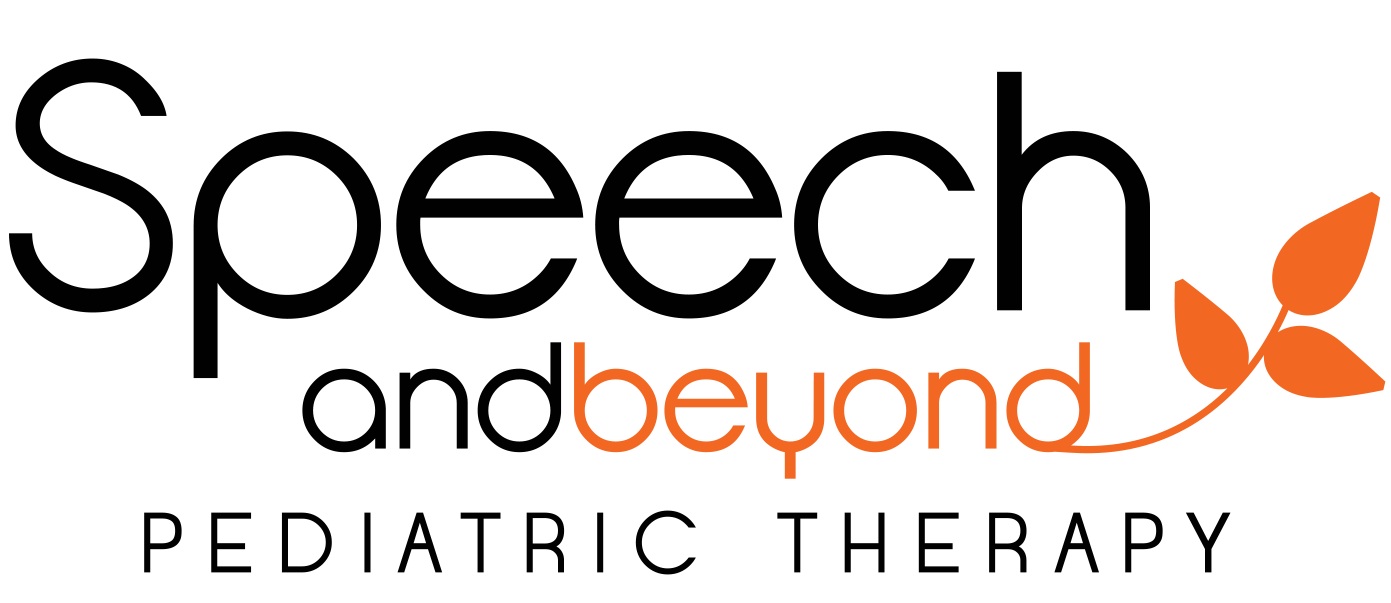Dyslexia and Dysgraphia Services at Speech & Beyond
At Speech & Beyond in Jenks, Oklahoma, we understand how challenging it can be for parents, caregivers, and educators to see a child struggle with reading, writing, or other learning tasks. That's why our team of expert Occupational and Speech Therapists are here to help. Whether it’s identifying dyslexia or dysgraphia or creating individualized strategies to help your child thrive, we’re dedicated to supporting their success in the classroom and beyond.
-
Dyslexia is a common language processing disorder that affects approximately 1 in 5 students. Kids with dyslexia often have average to above-average intelligence but face challenges with reading, writing, and decoding text. It’s not just about reversing letters or numbers; symptoms can include struggling with reading comprehension, frequent skipping or adding of words, and a dislike for reading.
At its core, dyslexia is a phonological delay, which impacts the brain's ability to connect sounds with specific letters or letter groups. This foundational skill is essential for reading and literacy. Dyslexia can also affect memory, such as the ability to hold onto the first sound of a word while decoding the rest.
-
Our licensed Speech-Language Pathologists (SLPs) work with your child to strengthen their phonological coding skills through activities that engage and challenge their brain. We also use proven programs like the Wilson Reading Program and the Lindamood Phonemic Sequencing Program to rebuild the building blocks of literacy.
Confidence and self-advocacy are key. Beyond improving reading skills, we help children understand their dyslexia, teach them how to explain their learning needs to peers and educators, and equip them with tools to manage their condition effectively. With personalized care, dyslexia becomes something your child can confidently tackle, not something that holds them back.
-
Dysgraphia is a learning disorder affecting written expression, often making writing tasks slow, unclear, or frustrating for the child. Symptoms can include inconsistent or messy handwriting, frequent erasing, poor word spacing, spelling challenges, or writing fatigue. It’s not uncommon for dysgraphia to occur alongside dyslexia or ADHD.
Signs of Dysgraphia:
Mixing upper- and lowercase letters.
Difficulty with spacing and alignment on the page.
Unusual hand or wrist positions while writing.
Frequent complaints of sore hands.
Spelling issues, such as missing letters or unfinished words.
-
Our Occupational Therapy Practitioners take a multi-sensory approach to help kids improve handwriting, letter formation, and written expression. This includes engaging techniques like:
Kinesthetic activities, such as physically constructing letters.
Auditory cues, like verbal instructions or catchy songs to reinforce proper strokes.
Visual modeling to demonstrate correct letter formation.
Whole-body movements and exercises to make learning fun and interactive.
These strategies are designed to meet your child where they are and equip them with the skills they need to succeed both in and out of the classroom.
Our Process for Supporting Your Child
1. Comprehensive Learning Evaluation
Every child’s needs are unique, which is why we begin with a thorough evaluation. This assessment allows us to identify the root causes of their challenges and provide data-backed insights to create a customized treatment plan. By understanding exactly where your child’s difficulties stem from, we can design intentional strategies for improvement.
2. Individualized Intervention and Therapy
Once we’ve identified their specific needs, our therapists develop a tailored intervention plan focused on improvement and independence. From phonological exercises for dyslexia to hands-on learning techniques for dysgraphia, everything we do is designed to make progress as achievable and enjoyable as possible for your child.
We also collaborate closely with parents, caregivers, and educators to ensure our strategies are reinforced at home and in school environments. This collaborative approach sets the stage for long-term success.
Why Choose Speech & Beyond?
At Speech & Beyond, we’re passionate about helping children achieve their full potential. Our therapy is more than just treatment; it’s about building confidence, encouraging curiosity, and giving kids the tools they need to succeed.
Schedule an appointment for your child today!

